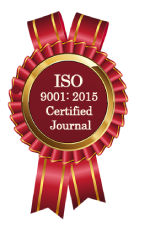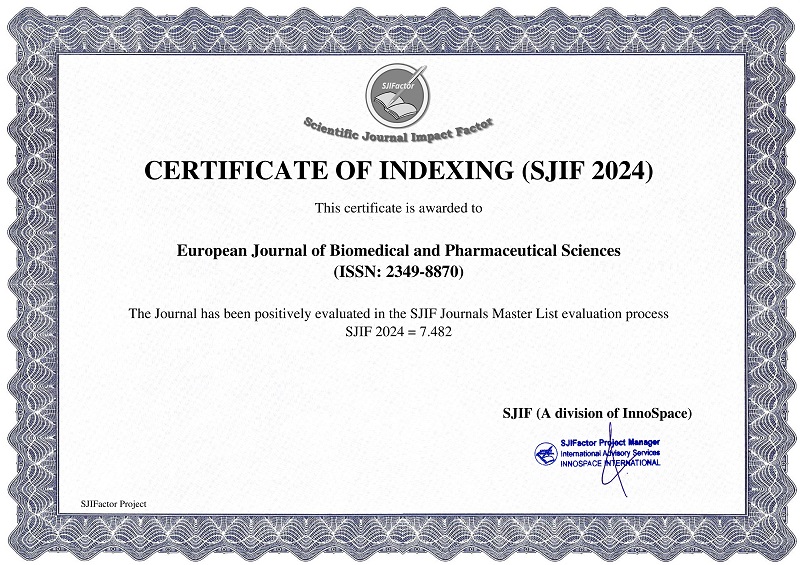THE EFFECTS OF STEVIOSIDES, ASPARTAME AND SUCROSE ON SOME BIOCHEMICAL, HISTOLOGICAL AND IMMUNOHISTOCHEMICAL STUDIES IN RAT LIVER TISSUE
Nashwa A. El-Shinnawy*, Samira A Abd-Elmageid and Hadeer M. Abd El Hamied
ABSTRACT
The goal of this study is to compare the effect of Steviosides and aspartame as natural and synthetic low-calorie sweeteners with sucrose as a high calorie widely used sweetener. This was achieved by using 32 male albino rats. Animals were divided into four experimental groups control, sucrose group receiving 10% sucrose solution, aspartame group receiving 75 mg aspartame/kg body weight /day and Steviosides group receiving 40 mg/kg body weight /day. Both Steviosides and aspartame administration to rats for 90 days resulted in significant decreases in final body weights, body weight gain, food consumption and caloric intake compared to the significant increase under sucrose supplementation. Also, sucrose and aspartame administration caused a decline in liver total antioxidant activity, catalase and glutathione with a significant increase in liver malondialdehyde and nitric oxide levels. Quite the opposite, Steviosides supplementation resulted in a significant elevation in liver total antioxidant activity catalase glutathione with a decrease in in liver malondialdehyde and nitric oxide levels. In addition, aspartame supplementation produced a significant elevation in serum glucose, insulin, deterioration in antioxidant markers, liver function tests with related histological liver damage and increased liver PCNA stained nuclei activity. Steviosides has the potential to be used as a non-caloric natural sweetener instead of the synthetic sweetener aspartame due to its antidiabetic and antioxidant potency for controlling free radicals. These results suggest that replacing sucrose by Steviosides in the diet may be an effective strategy to manage food intake without side effects.
Keywords: Aspartame, Proliferating cell nuclear antigen Steviosides, Sucrose.
[Full Text Article]
[Download Certificate]


 Impact Factor : 8.181
Impact Factor : 8.181 






